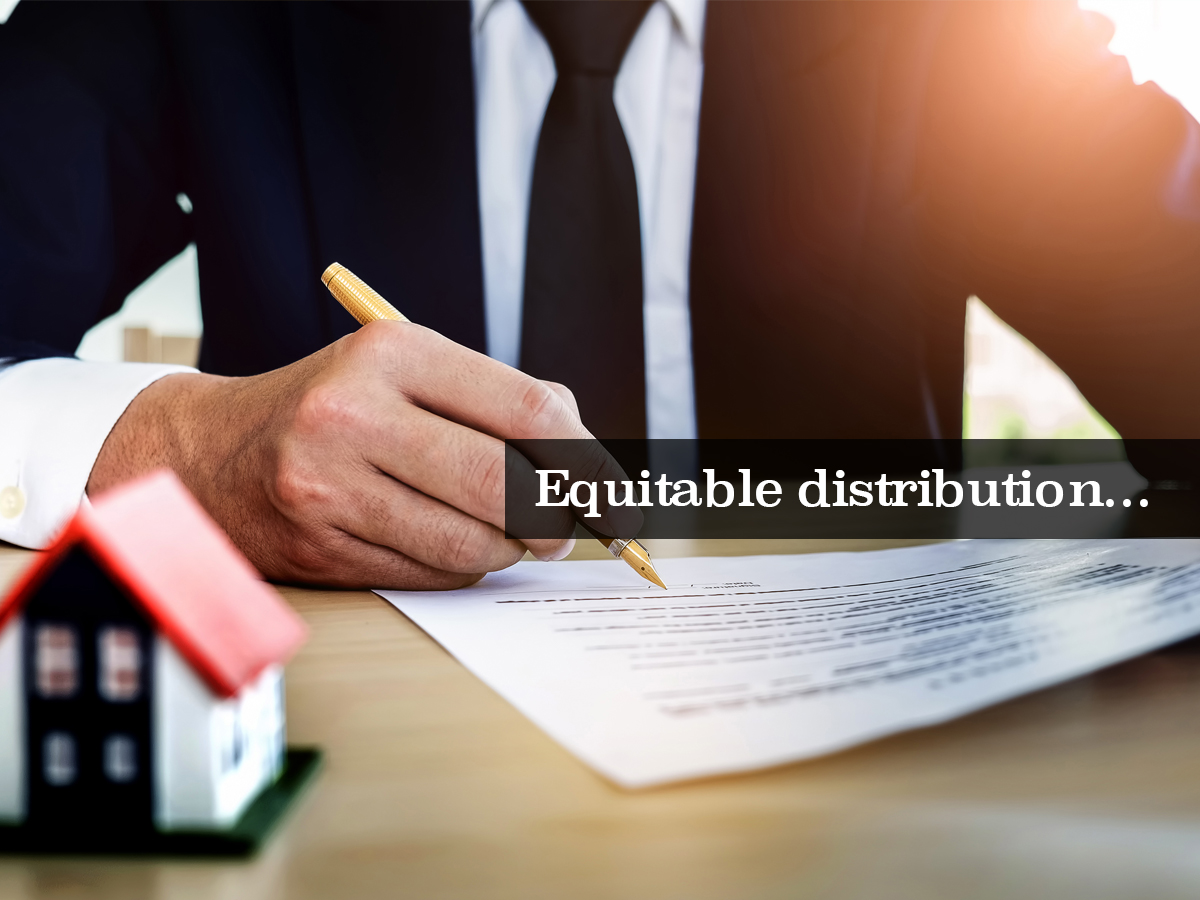Dividing Bank Accounts In Divorce
“B” Is For Bank Accounts:
Questions To Ask When Dividing Bank Accounts In Divorce
By: Alexandra Freed, Esq.
As New Jersey is an equitable distribution state, in the event of a divorce, marital property is not automatically divided on a 50-50 basis. Additionally, marital assets are also not divided strictly on who holds title to the property. Instead, marital property is divided based on what is “fair” and “equitable” after an evaluation of the factors set forth in N.J.S.A. 2A:34-23.1.
When you are dividing bank accounts through equitable distribution there are several questions that you should ask.
First, have both parties disclosed all of his/her bank accounts? Any bank accounts that were opened during the marriage or funded during the marriage are usually considered marital property and subject to equitable distribution. Both parties should have full disclosure with respect to the accounts titled in his/her spouse’s name. If you are unsure about the bank accounts that your spouse may have or your spouse refuses to disclose them, you can subpoena bank statements and other bank documents to obtain this information.
Second, what date will be used for purposes of equitable distribution? Normally, the end date of the marriage is the date the Complaint for Divorce was filed and parties will divide the balance of each bank account as of that date. Parties should exchange bank statements to determine the account balances as of the date the Complaint for Divorce was filed. However, this may not be appropriate in all circumstances. As just one example, if you and your spouse have a joint bank account that is used to pay marital expenses you may want to keep these accounts open until the divorce is finalized and divide any remaining funds in the account.
Third, how will you divide the accounts? If you do not have any joint accounts and the balances of the individual accounts are similar, then you may want to simply designate that each party retains the bank accounts titled in his or her name as his or her individual property. However, as these issues are always fact sensitive, this approach may not be appropriate in all circumstances.
Fourth, do you have a custodial bank account for a child? If you have a custodial account for a child, you should first determine what expenses the account can be used to pay, as well as if and when the child can access the account. For example, many parties elect to preserve the custodial accounts of the children for college or other educational expenses. You can even be as specific as to identify what percentage of the account is used per year or semester. You will also need to decide if you and your spouse will continue funding the account after the divorce. If you elect to continue funding the account, you should identify how much each party is required to contribute on a monthly or annual basis. Additionally, you should to identify who will be the custodian of the account and the custodian’s role. As a practical tip, you should set forth if the custodian can make unilateral disbursements from the account or if both parties’ express consent is required before making a withdrawal. Lastly, you should set forth whether the custodian is required to provide the non-custodian with statements or access to the account, as well as with what frequency.
If you have questions about this topic or any other topic related to family law, the attorneys at Ulrichsen Rosen & Freed LLC have significant experience and will be able to assist you.


